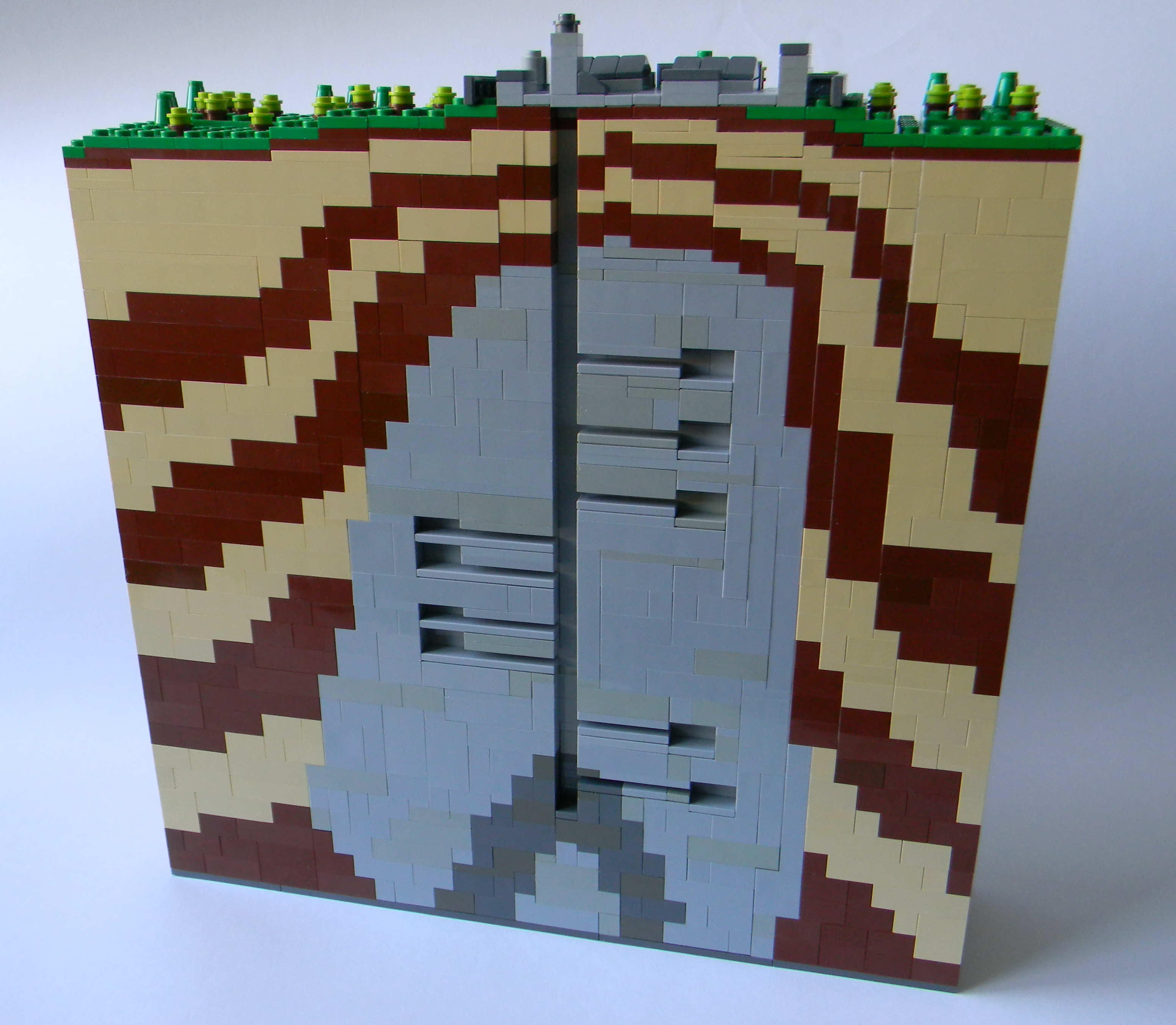
Wednesday, September 21, 2011
Radioactive waste disposal
Leaving aside the possibility of a horrible accident, like Chernobyl or Fukushima, nuclear power is a great way to generate power. (we could certainly argue about how the once-every-twenty-years possibility of a major even compares to the much less flashy but much more prevalent accidents due to coal or other technologies). The radioactive waste repository (here by Corioso) addresses the biggest problem with nuclear power (and with nuclear medicine and other uses) - what to do with the waste. A substance is radioactive when it is made up of atoms with unstable nuclei. An unstable nucleus will break down over time, emitting small particles and energy. This radiation can cause damage to other molecules (notably important biomolecules in living systems) by knocking away electrons. If this happens to DNA, for instance, this can lead to damage or breakdown of the DNA, leading to things like cell death and cancer. Some radioactive substances will be dangerous for many many years, even centuries, and so the waste is buried deep underground in stable geologic formations.


Labels:
physics
Subscribe to:
Post Comments (Atom)
Ah, my husband's job is usually all about support for cleaning up radioactive waste, since we live next to perhaps the messiest mess in the country. I'll have to show him this; I'm sure he'll be surprised to see it.
ReplyDelete